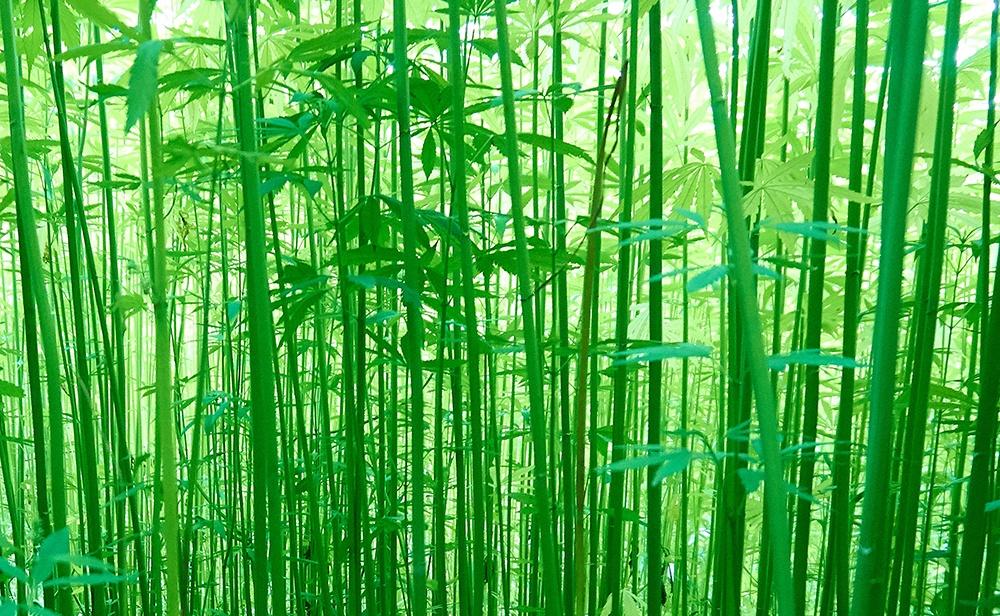The British Hemp Alliance (BHA) is surveying farmers to get a handle on the size of the UK hemp industry and to underscore the plant’s potential to address environmental challenges.
BHA said the responses will serve as input as the organization petitions the government for changes in support of the industry. Key goals are eliminating the need for licenses from the Home Office to grow hemp, and moving oversight of the government’s hemp industry to the Department for Environment, Food and Rural Affairs (DEFRA).
BHA said it is building a case to put to the government to show the current status and future interest in growing hemp by developing transparent and accurate data. The anonymous survey asks five simple questions.
Highlighting sustainability
The Alliance is also promoting hemp’s unique environmental properties to the government, focusing on the plant’s potential for sequestering carbon from the atmosphere, BHA said.
“Hemp repairs and remediates toxic and compacted soil, as well as producing sustainable and biodegradeable products, adding to its environmental benefits,” BHA said. “By reframing and promoting hemp as an environmental and agricultural break crop and not a narcotic drug, we hope the UK government may finally change its policies regarding this plant,” BHA said.
The matter is urgent, the Alliance said, as the UK is “way behind” on its climate commitments.
Other changes sought
BHA has called for several key changes to current UK rules, which allow hemp to be grown for seeds and fiber but bans production of flowers under the Misuse of Drugs Act.
BHA has urged allowing the harvesting of flowers for CBD, and recommended the post-Brexit UK government set THC limits for hemp at a full 1.0% for field tests, as many Latin American and Asian countries have done. That would make production more efficient because CBD rises in proportion to THC in industrial hemp, meaning greater CBD yield per plant.
The 1.0% THC limit would give UK producers a critical edge over EU countries, which continue to operate under a highly restrictive 0.2% THC limit (expected to rise insignificantly to 0.3% in 2023).

